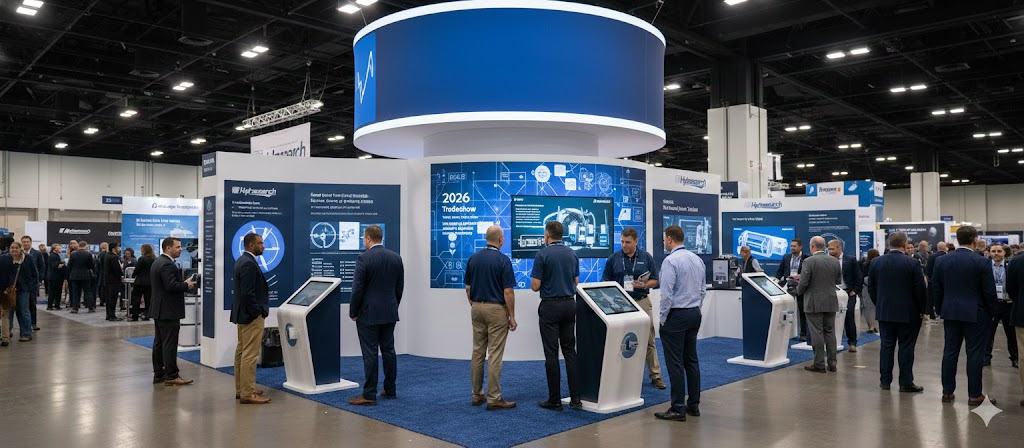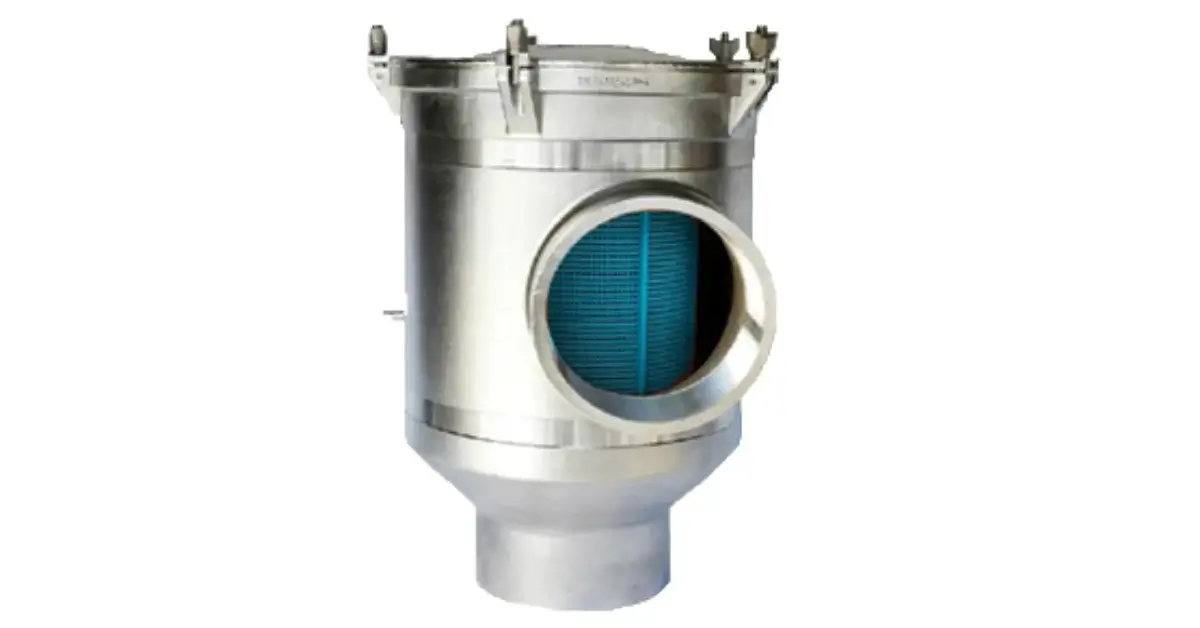Aerospace engineering is one of the most complex and fascinating branches of engineering. From designing fighter jets to exploring Mars, aerospace engineers play a key role in shaping the future of flight and space exploration. But what do aerospace engineers actually do on a daily basis? Let’s explore their roles, responsibilities, and the skills they need to succeed.
What is Aerospace Engineering?
Aerospace engineering focuses on the design, development, testing, and production of aircraft, spacecraft, satellites, and missiles. This discipline is divided into two main branches:
- Aeronautical Engineering: Deals with aircraft that fly within Earth’s atmosphere.
- Astronautical Engineering: Focuses on spacecraft and systems that operate outside Earth’s atmosphere.
Aerospace engineers can work in commercial aviation, defense systems, research organizations, and space agencies like NASA or ESA.
Daily Responsibilities of an Aerospace Engineer
Aerospace engineers handle a wide variety of technical and analytical tasks. Their responsibilities depend on their specialization and the phase of the project they are involved in. Here’s what they usually do:
- Research to develop new flight technologies
- Design aircraft, spacecraft, or propulsion systems
- Create simulations and models to test performance
- Run wind tunnel and stress tests
- Analyze aerodynamic systems for stability and efficiency
- Ensure that designs meet safety and quality standards
- Modify existing products to improve performance or reduce costs
- Work with cross-functional teams including electrical, mechanical, and software engineers
Specializations Within Aerospace Engineering
The field of aerospace engineering is broad, and engineers often specialize in specific areas such as:
- Aerodynamics: Focuses on airflow and how it interacts with surfaces
- Propulsion: Deals with engines, fuel systems, and thrust mechanisms
- Avionics: Involves electronic systems used in aircraft and spacecraft
- Structures and Materials: Concerned with the physical integrity and strength of components
- Systems Engineering: Coordinates all parts of a complex aerospace project to ensure proper integration
Each specialization plays a crucial role in making sure aerospace systems operate effectively and safely.
Skills Needed to Become an Aerospace Engineer
Success in aerospace engineering requires a strong foundation in science and mathematics. Engineers must also have critical thinking, problem-solving, and communication skills. Since they often work in teams, collaboration and attention to detail are essential. Familiarity with advanced software tools for modeling and simulation is also important in the field.
Most aerospace engineers have at least a bachelor’s degree in aerospace engineering or mechanical engineering, and many go on to earn master’s or doctoral degrees for advanced roles.
How Aerospace Engineers Shape the Future
Aerospace engineers don’t just build planes and rockets they push the boundaries of what is possible. Their innovations lead to faster travel, cleaner energy systems, and safer vehicles. Technologies developed for space exploration often find their way into our daily lives, from GPS systems to improved weather forecasting tools.
Their work also supports national defense and global communication networks. Without aerospace engineers, we wouldn’t have the commercial airliners, satellites, or reusable rockets we rely on today.
Regulatory Compliance
Aerospace engineers must also ensure that their designs and maintenance practices comply with strict regulations. In the United States, the Federal Aviation Administration (FAA) plays a critical role in overseeing the safety and certification of aircraft and aerospace systems. The FAA sets standards for aircraft design, manufacturing, and maintenance, and engineers must follow these requirements to ensure that aircraft are airworthy and legally approved for operation.
Final Thoughts
Aerospace engineers are at the forefront of innovation in air and space. They use science, creativity, and technical skills to build vehicles that take us higher, faster, and further than ever before. Whether developing a new fighter jet or designing a probe for deep space exploration, aerospace engineers make modern flight and space missions possible.
If you’re fascinated by aircraft or inspired by space travel, aerospace engineering is a field that offers endless possibilities and the chance to shape the future of humanity’s journey into the skies and beyond.
Want to learn more about aerospace components?
Explore aerospace hose fittings and assemblies here:
Frequently Asked Questions
1. What exactly do aerospace engineers do?
Aerospace engineers design, build, and test aircraft, spacecraft, satellites, and missile systems. They focus on improving safety, performance, and efficiency while ensuring the systems can handle extreme conditions during flight or space travel.
2. What is the difference between aeronautical and astronautical engineering?
Aeronautical engineering focuses on aircraft that operate within Earth’s atmosphere, such as airplanes and drones. Astronautical engineering deals with systems that operate beyond the atmosphere, like rockets and satellites.
3. Where do aerospace engineers usually work?
They work in government agencies like NASA and the Department of Defense, private aerospace and defense companies like Boeing and Lockheed Martin, commercial space firms like SpaceX, and research institutions or universities.
4. Is aerospace engineering a good career?
Yes, it’s a rewarding field with strong job growth, high salaries, and the chance to work on advanced technology. It also offers opportunities to contribute to national defense, space exploration, and global innovation.
5. What education is required to become an aerospace engineer?
A bachelor’s degree in aerospace engineering or a related field like mechanical engineering is typically required. Many engineers also pursue master’s or PhD degrees for advanced research or leadership roles.


 Hydrasearch
Hydrasearch


 Your Mission is Our Commitment
Your Mission is Our Commitment


